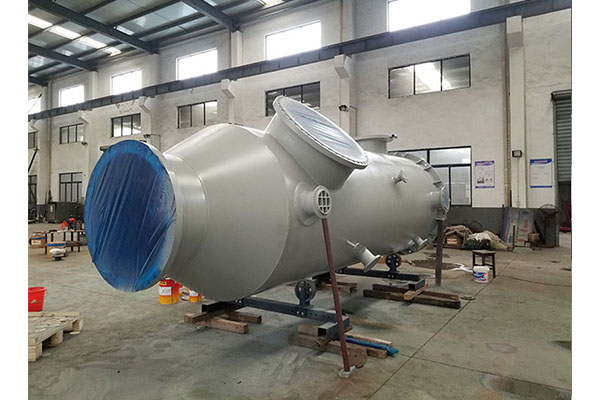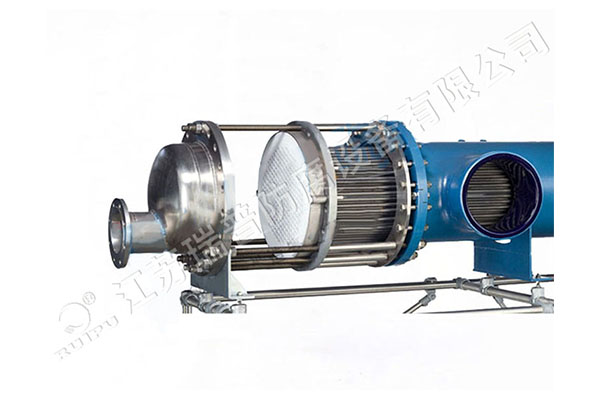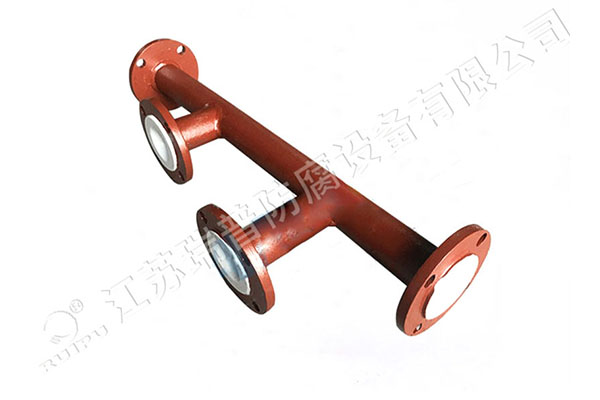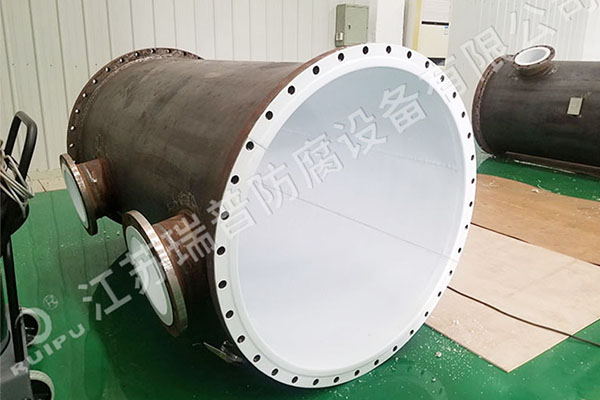In which industry applications does heat exchanger show excellent heat transfer performance?
Release Time : 2025-02-07
Heat exchanger, also known as heat exchange equipment or heat exchanger, is a device that transfers part of the heat of hot fluid to cold fluid to meet the specified process requirements. It has shown excellent heat transfer performance in multiple industry applications and has become an indispensable and important equipment in industrial production and daily life.
In the chemical industry, the role of heat exchanger is particularly prominent. Many reaction processes in chemical production require precise temperature control, and heat exchanger is the ideal choice to achieve this goal. Whether it is heating, cooling, evaporation or condensation, heat exchanger can efficiently complete heat transfer and ensure the smooth progress of chemical production. In addition, heat exchanger is also commonly used in the separation and purification of chemical products, making important contributions to energy conservation, emission reduction and quality improvement in the chemical industry.
The energy industry is also an important field where heat exchangers are widely used. In power plants and oil refineries, heat exchange equipment is used to recover and utilize heat energy. By recovering waste heat or waste cold and converting it into reusable energy, it improves energy utilization efficiency and reduces production costs. This not only helps to achieve the goal of energy conservation and emission reduction, but also improves the economic benefits of enterprises.
In addition to the chemical and energy industries, heat exchangers also play an important role in the field of building HVAC. In air conditioning and heating systems, heat exchangers are used to adjust indoor temperature, transfer heat energy, and ensure the comfort of the indoor environment. By recycling waste heat and improving energy utilization efficiency, heat exchangers reduce energy consumption while providing users with a more comfortable living environment.
In addition, heat exchangers also play a key role in industries such as food and beverage processing, pharmaceuticals, and oil and gas production. In food processing, heat exchangers are often used in sterilization, cooling and other process links to ensure product safety and quality. In the pharmaceutical industry, heat exchangers are used for temperature control and ingredient extraction to ensure product effectiveness and purity. In oil and gas production, heat exchangers are used in crude oil heating, dehydration, separation and other process processes to improve production efficiency and product quality.
In summary, heat exchangers have demonstrated excellent heat exchange performance in multiple industry applications, providing efficient and reliable heat transfer solutions for industrial production and daily life. With the continuous development of science and technology, the performance of heat exchangers will be further improved, and their application areas will become wider, making greater contributions to the sustainable development of mankind.
In the chemical industry, the role of heat exchanger is particularly prominent. Many reaction processes in chemical production require precise temperature control, and heat exchanger is the ideal choice to achieve this goal. Whether it is heating, cooling, evaporation or condensation, heat exchanger can efficiently complete heat transfer and ensure the smooth progress of chemical production. In addition, heat exchanger is also commonly used in the separation and purification of chemical products, making important contributions to energy conservation, emission reduction and quality improvement in the chemical industry.
The energy industry is also an important field where heat exchangers are widely used. In power plants and oil refineries, heat exchange equipment is used to recover and utilize heat energy. By recovering waste heat or waste cold and converting it into reusable energy, it improves energy utilization efficiency and reduces production costs. This not only helps to achieve the goal of energy conservation and emission reduction, but also improves the economic benefits of enterprises.
In addition to the chemical and energy industries, heat exchangers also play an important role in the field of building HVAC. In air conditioning and heating systems, heat exchangers are used to adjust indoor temperature, transfer heat energy, and ensure the comfort of the indoor environment. By recycling waste heat and improving energy utilization efficiency, heat exchangers reduce energy consumption while providing users with a more comfortable living environment.
In addition, heat exchangers also play a key role in industries such as food and beverage processing, pharmaceuticals, and oil and gas production. In food processing, heat exchangers are often used in sterilization, cooling and other process links to ensure product safety and quality. In the pharmaceutical industry, heat exchangers are used for temperature control and ingredient extraction to ensure product effectiveness and purity. In oil and gas production, heat exchangers are used in crude oil heating, dehydration, separation and other process processes to improve production efficiency and product quality.
In summary, heat exchangers have demonstrated excellent heat exchange performance in multiple industry applications, providing efficient and reliable heat transfer solutions for industrial production and daily life. With the continuous development of science and technology, the performance of heat exchangers will be further improved, and their application areas will become wider, making greater contributions to the sustainable development of mankind.







